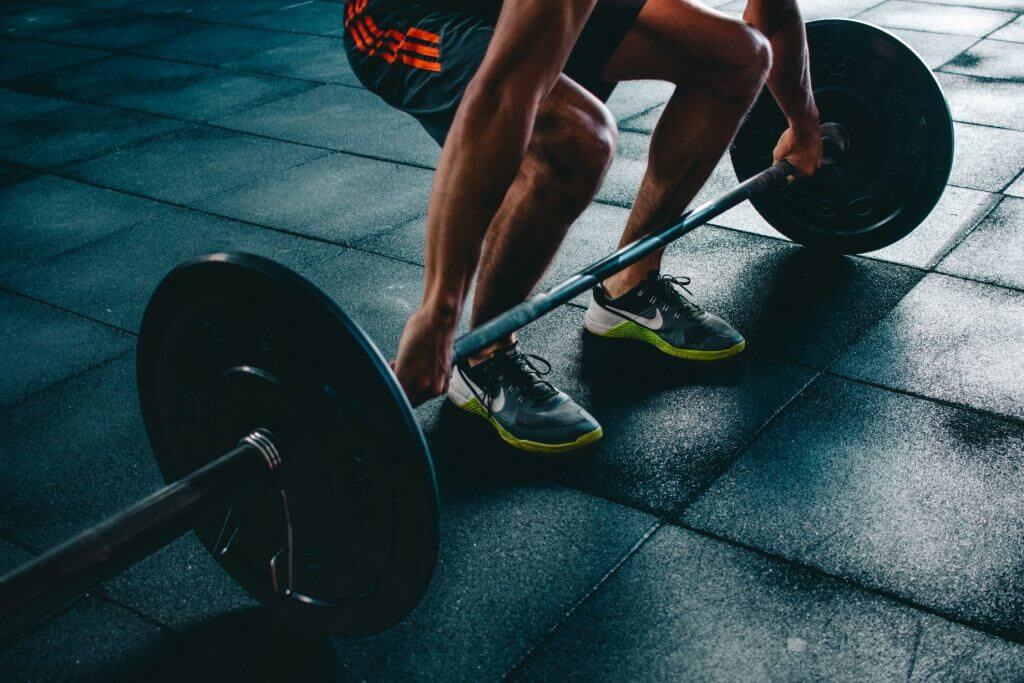To deliberately oversimplify things: every man wants to marry a beautiful woman, and every woman wants to marry a strong man.
These are rarely, if ever, the most important factors of a given romance, but they are the fundamentals of the romantic dance. A man would be ill-advised to marry a woman he doesn’t find at all attractive, and a woman generally shouldn’t marry a man she considers weak, whatever their objective qualities. Therefore, if we men wish to be attractive, we must develop our strength.
Before we go any further, let’s define some terms. ‘Strength’ essentially means “the ability to enact one’s will.” The strong man intends to do something (e.g. lift a barrel of sugar) and does it. The weak man intends to do the same thing, but is unable to do it due to his lack of strength. The power simply isn’t there to match his intention.
Now, obviously, strength can manifest both in blunt physical terms—lifting the barrel of sugar—and in interior, spiritual terms, e.g. standing up against opposition. The latter, of course, is the higher quality; no one would claim that Charles Atlas was a better man than Bl. Charles of Austria simply because Atlas could lift more (least of all Atlas himself, who was a pious man).
However, that said, there is a danger that our age seems particularly prone to.
This danger is to emphasize inner strength to the point of devaluing outer strength. We do the same thing with beauty. It seems we can hardly talk about either without tripping over ourselves to add that we mean primarily “inner” strength or “inner” beauty.
The problem with this is that inner strength is indeed a much more valuable quality than outer strength, but it is also a much more ambiguous one. Anyone who likes can claim that he has inner strength, just as anyone can claim that she has inner beauty, and there isn’t much anyone can do to disprove that.
Nothing is so common as to hear cowards talk about how much courage it took to run away, or degenerates wax lyrical about how brave they were to give into their lowest instincts. Like with school essay questions, it’s fatally easy to fudge the issue—particularly in today’s pluralistic culture—and twist anything and everything we do into an example of great virtue.
This is why it’s important to start with blunt facts, with developing ‘outer’ strength.
It may be lower, but it is also more honest. You can fudge on whether you are in fact a coward or a sincere pacifist, but you can’t fudge on whether that weight came off the ground or not.
Which, of course, is part of the point; not just that physical strength is valuable in itself, but that, like learning Latin or mathematics, it is uncompromising. Either the weight moves or it doesn’t. Either you run the whole mile or you don’t. There is no room for ambiguity, excuses, or uncertainty. Physical strength is an objective quality, meaning that it forces us to learn at least a little of the infinitely valuable skill of facing up to reality.
This is, of course, an essential feature of inner strength as well: the ability to see things as they are apart from our own desires or assumptions and submit to them. If you can’t lift that weight, there is nothing for it but to build up your strength until you can. The reality of the situation imposes certain conditions upon you that can’t be done away with or gotten out of. The same, of course, is true in terms of ethical and spiritual duties, and true inner strength means, in part, recognizing this.
In other words, seeking to develop physical strength is a good way to understand and develop inner strength.
There is also the more obvious benefit that it doesn’t do much good to see what should be done if you’re incapable of doing it. A man of true inner strength may see that he ought to escort his girlfriend through a dubious neighborhood, but lacking outer strength, he might prove useful only as a distraction when it came to the point.
The ideal, of course, is to have both, to be simultaneously physically capable and of indomitable character. Examples abound throughout history. George Washington could out-throw men half his age after having his health wrecked by decades of war and politics. Winston Churchill was a cavalry officer who fought in multiple wars.
St. Francis of Assisi started life as an energetic young soldier. Socrates fought with distinction in the Peloponnesian War, and his student Plato was a stonemason. Our Lord Himself was a laborer. Indeed, it seems to me that while history presents us many examples of physically strong men without strong character, it presents far fewer men of strong character without strong bodies. They exist, certainly, but not as many you might think.
In short, a man ought to be strong of body and of character. So stop talking about your inner strength and get to work building some of the outer kind: the kind that you can’t lie about to yourself or anyone else. It’ll help ensure that you have the inner kind after all.


